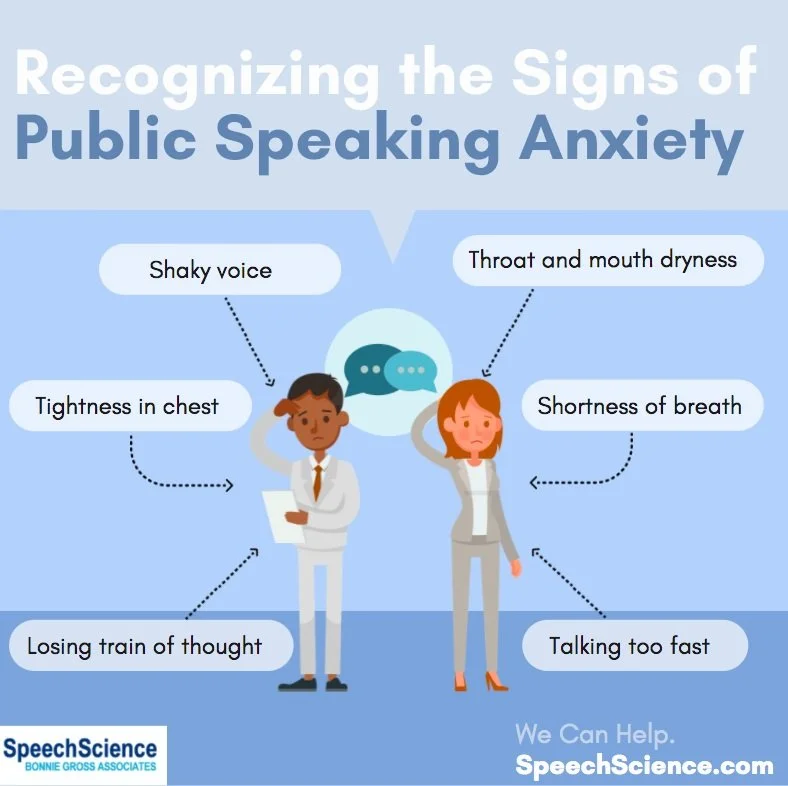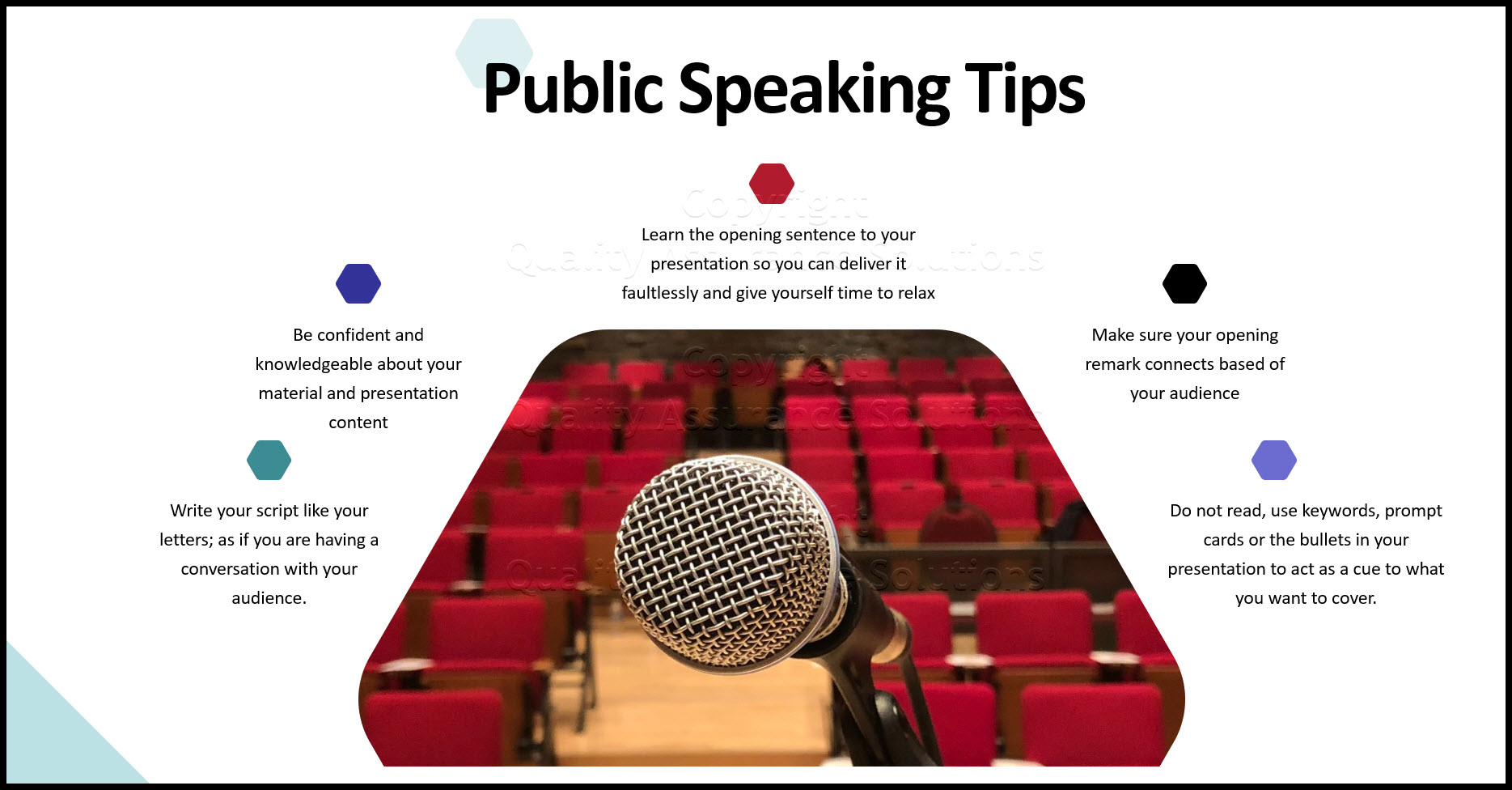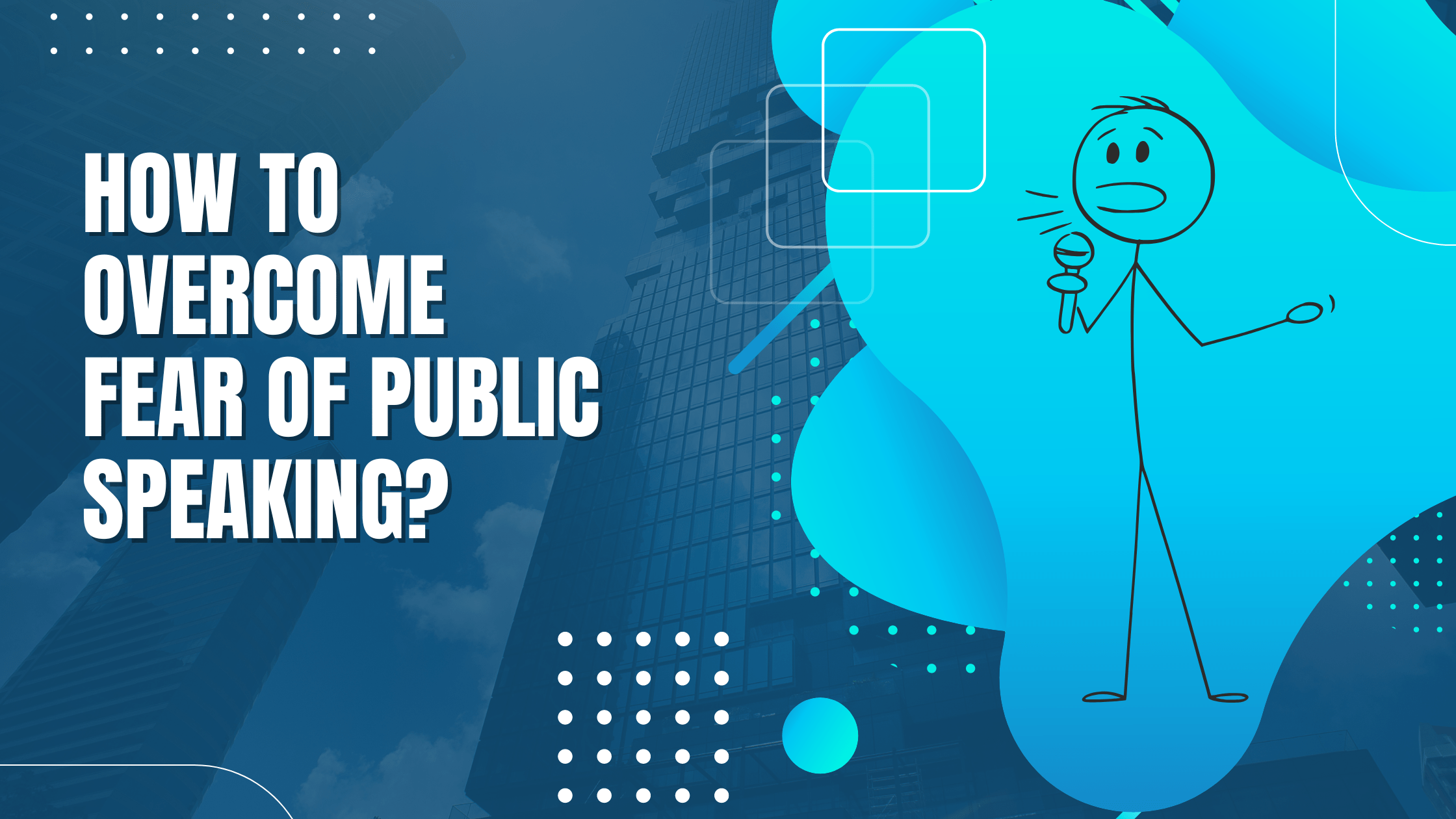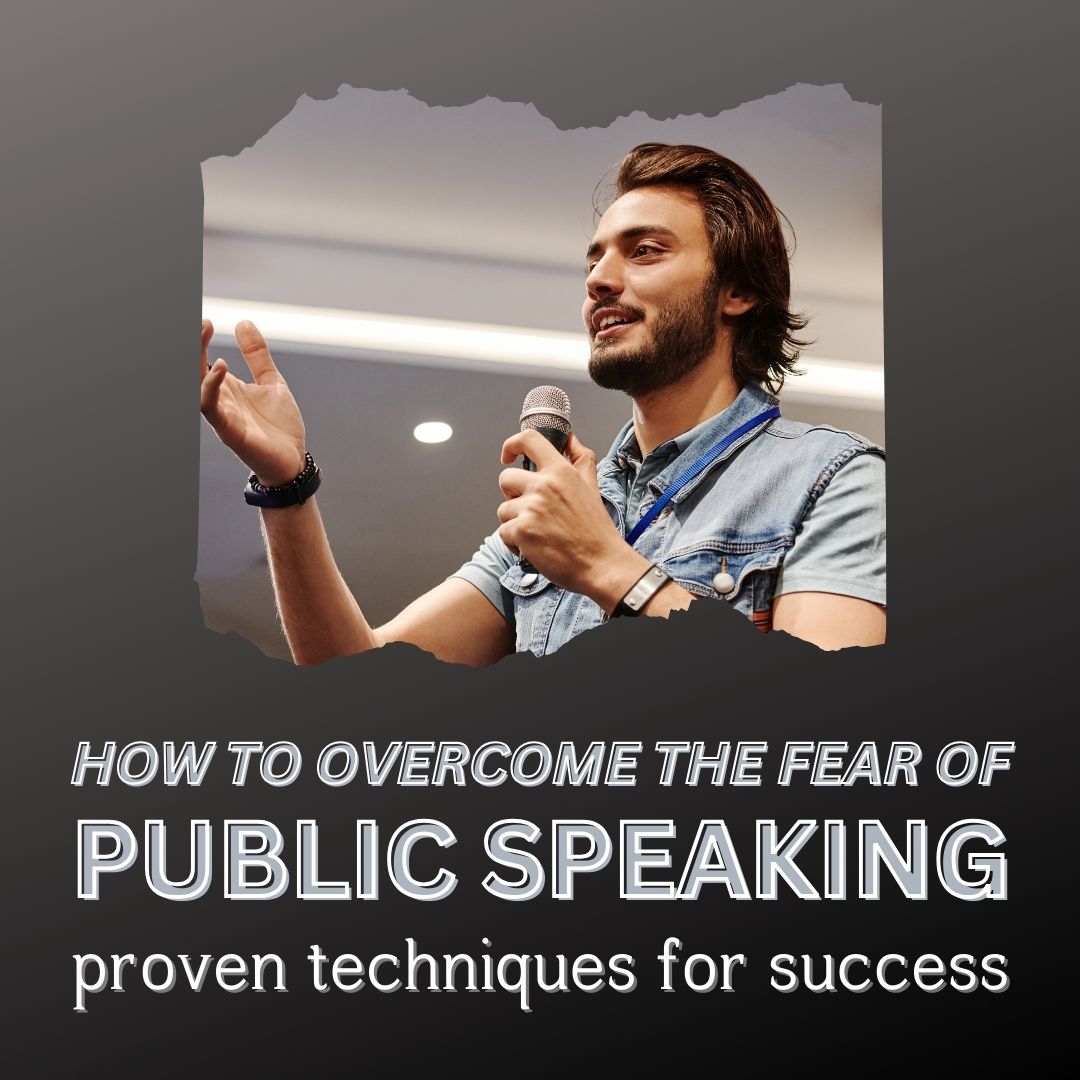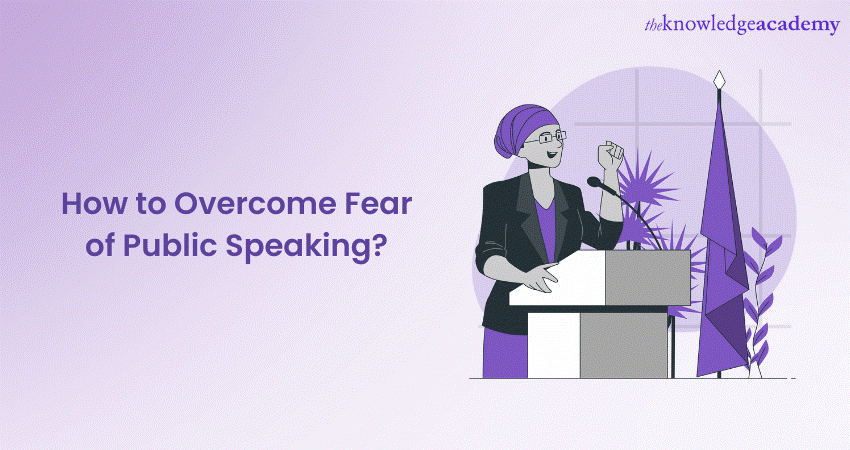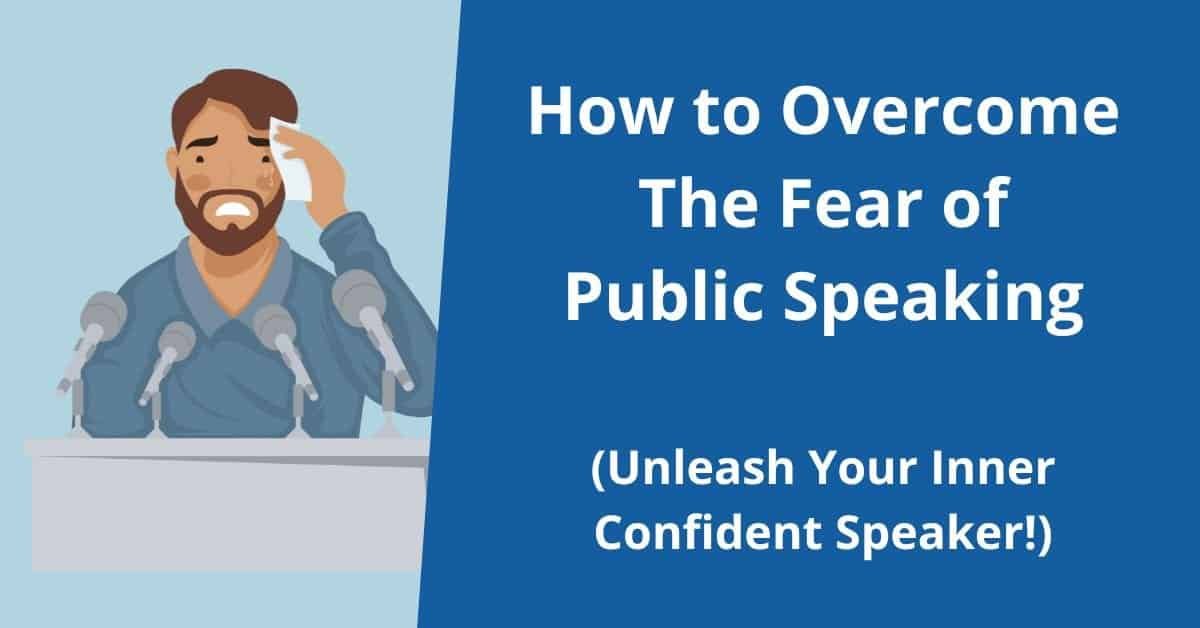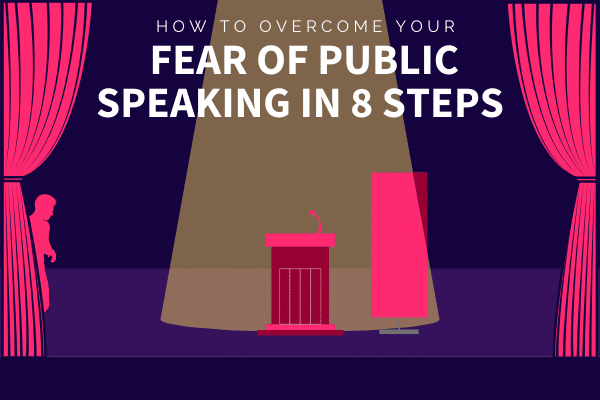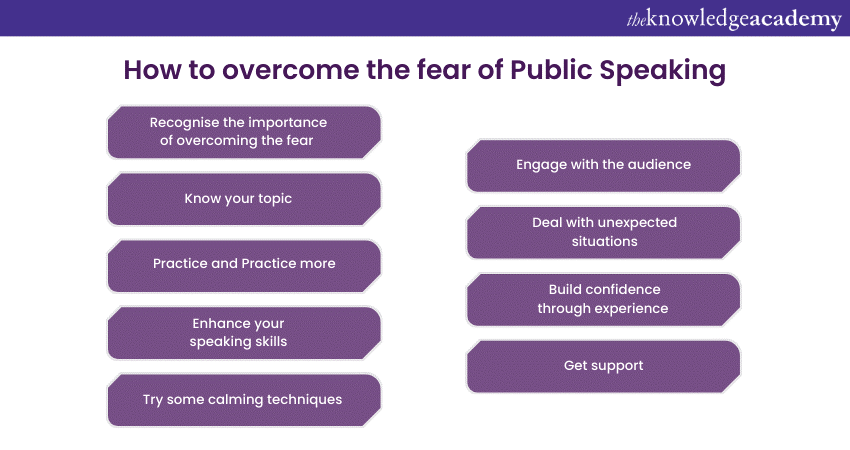How To Cure Fear Of Public Speaking
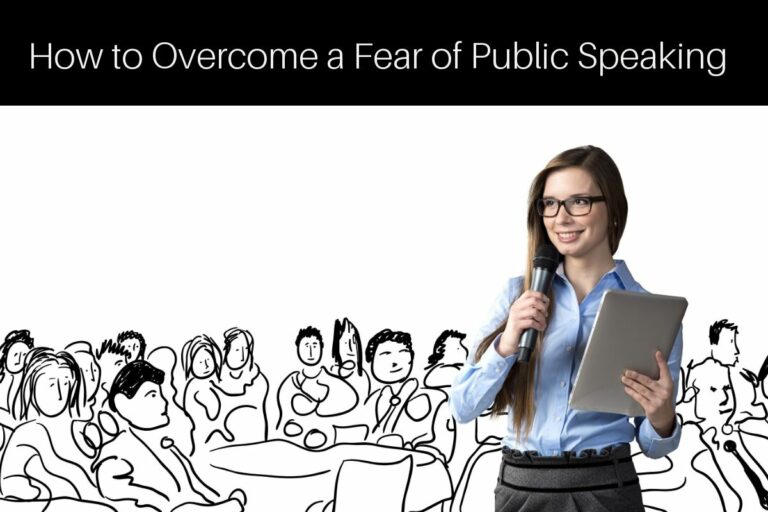
For many, the mere thought of standing before an audience and delivering a speech triggers a cascade of anxiety. This fear, known as glossophobia or the fear of public speaking, affects a significant portion of the population, hindering personal and professional growth.
This article delves into practical strategies and techniques, backed by expert insights and research, aimed at overcoming this pervasive fear. We explore proven methods that empower individuals to transform anxiety into confidence and effectively communicate their ideas.
Understanding the Fear
Glossophobia is a complex phenomenon, often rooted in a combination of psychological and physiological factors. These include fear of judgment, negative past experiences, and the activation of the body's fight-or-flight response.
According to a study by the National Institute of Mental Health (NIMH), public speaking anxiety is a type of social anxiety disorder affecting approximately 12.5% of adults in the United States at some point in their lives. Recognizing the underlying causes is the first step towards conquering it.
Practical Techniques for Overcoming Fear
Several evidence-based techniques can help individuals manage and ultimately overcome their fear of public speaking. These methods focus on both cognitive and behavioral modifications.
Preparation is Key
Thorough preparation is arguably the most crucial element in mitigating anxiety. This involves understanding your audience, structuring your speech logically, and practicing extensively.
Rehearsing your speech multiple times, ideally in front of a mirror or a small group of trusted friends, can significantly boost confidence. Creating detailed notes and visual aids can also help you stay on track and reduce the likelihood of forgetting key points.
Managing Physical Symptoms
The physiological symptoms of anxiety, such as rapid heart rate, sweating, and trembling, can be particularly distressing. However, several techniques can help manage these physical manifestations.
Deep breathing exercises, progressive muscle relaxation, and mindfulness meditation are effective strategies for calming the nervous system. According to Dr. Alison Stone, a leading psychologist specializing in anxiety disorders, "Practicing these techniques regularly, even outside of public speaking situations, can help build resilience to stress and anxiety."
Cognitive Restructuring
Challenging and reframing negative thoughts is a core component of cognitive behavioral therapy (CBT), a widely recognized treatment for anxiety disorders. This involves identifying and questioning negative self-talk, such as "I'm going to mess up" or "Everyone will think I'm stupid."
Replacing these thoughts with more positive and realistic ones, such as "I am well-prepared" or "Even if I make a mistake, it's not the end of the world," can significantly reduce anxiety. Seeking guidance from a therapist or counselor trained in CBT can be invaluable in this process.
Joining a Public Speaking Group
Organizations like Toastmasters International provide a supportive and structured environment for individuals to practice and improve their public speaking skills. These groups offer opportunities to deliver speeches, receive constructive feedback, and learn from experienced speakers.
The supportive atmosphere and regular practice can help individuals gradually desensitize themselves to the fear of public speaking. Toastmasters International CEO Daniel Rex stated, "Our members find that the consistent practice and encouragement they receive within our clubs are instrumental in overcoming their fear and developing their communication skills."
The Impact of Overcoming Fear
Conquering the fear of public speaking can have a profound impact on an individual's personal and professional life. It can open doors to new opportunities, enhance career prospects, and improve overall communication skills.
By embracing these strategies and seeking support when needed, individuals can transform their fear into confidence and unlock their full potential as effective communicators. Ultimately, overcoming glossophobia is an investment in oneself, paving the way for greater success and personal fulfillment.
Learning to speak confidently can allow the speaker to convey ideas successfully, promote action, and bring attention to important topics, such as the Global Warming, which would otherwise be ignored.

